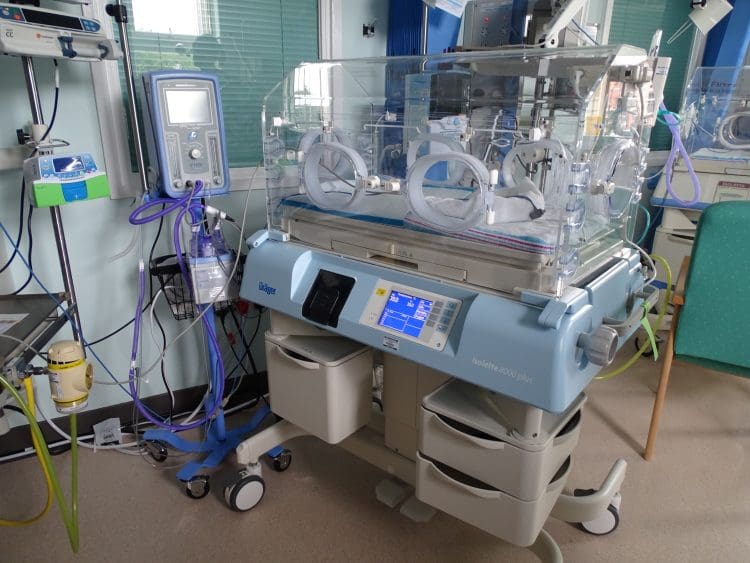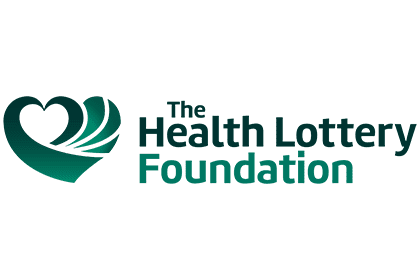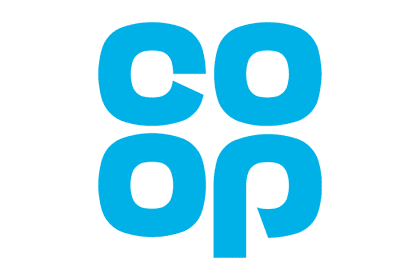The new Children’s Emergency Department at Stepping Hill Hospital is in need of toys and activities to distract and calm the 25,000 children that they treat each year. The department sees children from 0-15 suffering from a variety of medical and surgical conditions, injuries and mental health crisis. Children attending the Emergency Department (ED) can find it a scary and unsettling experience and the wait for treatment long and boring. The ED team would like to make the waiting room bright and welcoming with the addition of an aquatic bubble tube and wall mounted activity boards. These items will help to alleviate fear by distraction and help pass the time waiting for treatments.
Donate now
More Projects
Green Fold Special School, Bolton – Acheeva Graduate Beds
We are providing two new Acheeva Beds for Green Fold Special School in Bolton. These are unique work stations that allow children with physical disabilities as well as Profound and Multiple Learning Disabilities (PMLD) to lie in a supported, balanced posture while participating in classroom learning. The Acheeva Bed is compact and easily moveable, and […]
Find out more →Green Fold Special School – Accessible Planter
Outdoor learning is an important aspect of education for children as it has many physical benefits as well as supporting pupils mental health. MedEquip4Kids are seeking funds to provide Green Fold Special School with an Accessible Planter which will allow all pupils to get involved with gardening and the planting of flowers, vegetables and herbs. […]
Find out more →Woodlands Special School, Blackpool – Sensory Integration
Woodlands Special School in Blackpool caters for pupils aged 2 – 18 with severe or profound and multiple learning difficulties (PMLD).
Find out more →“This new incubator has the addition of scales to weigh the baby with the minimum of disruption. It also has integral oxygen, which minimises kit and clutter around the incubator space. We will be able to control the temperature, humidity and oxygen to suit the baby’s individual requirements.”
Julie Armstrong
Lead Nurse, Neo Natal Unit
Wigan Infirmary











